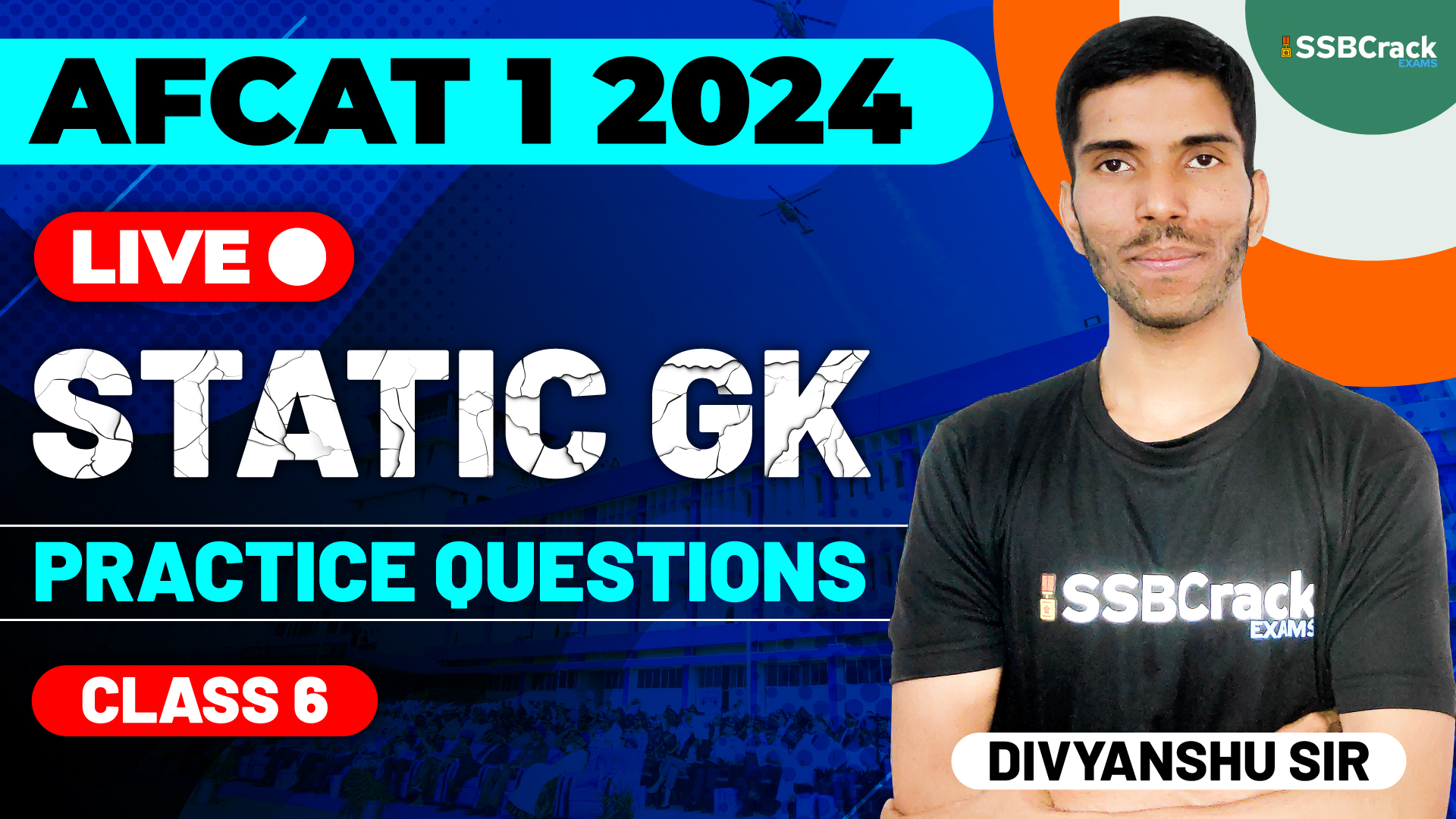The Air Force Common Admission Test (AFCAT) demands a holistic preparation strategy, with a special emphasis on Current Affairs and Static General Knowledge. For defense aspirants gearing up for AFCAT 1 2024, the amalgamation of objective questions in both Current Affairs and Static GK is not just advantageous but also imperative. This article explores the dual significance of these questions and how they play a pivotal role in shaping a candidate’s success.
- Real-world Relevance: Current Affairs objective questions bridge the gap between theoretical knowledge and real-world scenarios. Defense aspirants must be attuned to global, national, and regional events, as these directly impact the dynamic nature of military operations. By staying updated through objective questions, candidates cultivate a practical understanding that is crucial for their roles in the armed forces.
- Strategic Awareness: AFCAT requires candidates to not only grasp current events but also to understand their strategic implications. Objective questions in Current Affairs assess an aspirant’s ability to analyze situations critically and make informed decisions—a skill essential for military leaders. This strategic awareness is a key component in the defense sector, making these questions indispensable.
- Diverse Knowledge Spectrum: The Static GK section, covering history, geography, polity, economics, and science, offers a diverse knowledge spectrum. Objective questions in this domain ensure defense aspirants possess a well-rounded awareness of various subjects. This comprehensive knowledge base is crucial not only for the examination but also for the multifaceted demands of defense roles.
- Adaptive Learning: Both Current Affairs and Static GK are ever-evolving fields. Objective questions force aspirants to adapt to new information, fostering a continuous learning mindset. In the defense sector, adaptability is a prized trait, and objective questions serve as a training ground for candidates to stay agile in the face of evolving challenges.
- Critical Analysis and Decision-making Skills: Current Affairs questions often require candidates to critically analyze information and make decisions based on that analysis. This skill is directly transferable to the defense sector, where quick, informed decision-making is crucial. By practicing objective questions in Current Affairs, aspirants hone these essential skills.
- Comprehensive Exam Preparation: AFCAT’s unique structure, combining Current Affairs with Static GK, demands a comprehensive preparation strategy. Objective questions in both categories offer a well-rounded approach, ensuring candidates are well-prepared for the diverse set of challenges presented in the examination. This holistic preparation is reflective of the multifaceted nature of defense responsibilities.
- Enhanced Recall and Retention: The objective format, with its focus on retrieval practice, enhances the recall and retention of information. As defense aspirants engage with these questions regularly, they reinforce their understanding of both current events and static concepts, laying a robust foundation for success in AFCAT and beyond.
Conclusion: In the pursuit of success in AFCAT 1 2024, defense aspirants must recognize the dual significance of objective questions in Current Affairs and Static GK. The real-world relevance, strategic awareness, diverse knowledge spectrum, adaptive learning, critical analysis, decision-making skills, comprehensive exam preparation, and enhanced recall and retention offered by these questions collectively contribute to a well-rounded and successful preparation strategy. Embrace the challenge, stay informed, and best of luck on your AFCAT journey!







